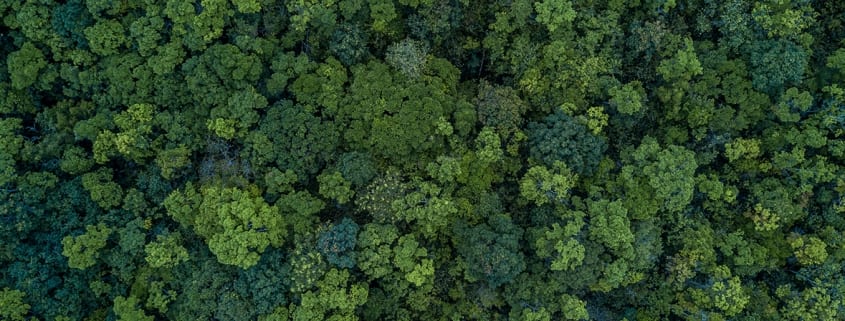Major Land Purchase for World’s Rarest Macaw
A joint effort by leading conservation groups with Rainforest Trust has led to the protection of vital habitat for the Critically Endangered Blue-throated Macaw–the world’s rarest Macaw surviving in the wild. Asociación Armonía, American Bird Cconservancy, Loro Parque Fundacion, and Rainforest Trust are proud to announce the protection of more than 2,867 acres of savanna and rainforest in northwestern Bolivia. This expansive property will now be protected as part of the Barba Azul Nature Reserve–creating a total protected area of 11,555 acres.
“Only about 350 Blue-throated Macaws, including as few as 50 breeding pairs, are believed to exist in the wild, so expanding the reserve was vitally important to preservation efforts for this bird,” said George Fenwick, President of American Bird Conservancy.
“Sadly, the fragile habitat for the macaw was being destroyed in the rush to convert traditional farming practices to intensive soy and cattle farms. Saving this land will expand the sole protected area in this delicate ecosystem and safeguard critical habitat, not only for the macaw, but for many other threatened species, including jaguars and giant anteaters,” said Bennett Hennessey, who headed efforts for Rainforest Trust–the only nonprofit in the US that focuses primarily on land purchase for conservation.
“By purchasing this land, we will be able to extend protection across the spectacular Omi river and create a more effective boundary against the impacts of cattle ranching, while incorporating more crucial Blue-throated Macaw habitat into the reserve. The enlarged reserve now protects five important Motacu palm forest islands. The Blue-throated Macaw depends on the oil-rich fruit of this palm tree for its survival,” said Mauricio Herrera from Armonía/ Loro Parque Fundacion Blue-throated Macaw Conservation Program.
The Blue-throated Macaw is found only in one place on Earth: the Beni Savannas of Bolivia. It is listed as Critically Endangered by the IUCN (International Union for the Conservation of Nature) due to habitat loss and poaching for the wild bird trade. The complex system of grasslands, marshes, and forests that makes up the Beni is largely in the hands of cattle ranchers. Every year, large swaths of land are lost to intentional burning for pastureland.
The Barba Azul Nature Reserve is now being managed by Asociación Armonía Bolivia. “Barba Azul” means “Blue Beard” in Spanish and is the colloquial name for this beautiful Bolivian endemic bird. The preserve also protects several other threatened bird species and provides habitat for large mammals such as jaguars, peccaries, pumas, giant anteaters, pampas deer, black caiman, and maned wolves.
The Armonia / Loro Parque Fundacion Blue-throated Macaw Conservation Program has been striving to protect the species since 1995. Through the years, various searches carried out during the short dry season between May and October turned up several clusters of birds, usually pairs, nearly 60 miles from previously known sites. But all records were of family groups, consisting of three to five individuals, often nesting on massive ranches worth millions of dollars. Unfortunately, the protection of any one of these numerous sites would not offer sufficient protection for the threatened bird. Efforts were made to survey the most difficult-to-access areas of the Beni Savannas. Here, a vital discovery was made: a thriving colony of Blue-throated Macaws, at least 80 in number that had been overlooked by poachers. This isolated area, spanning nine private ranches, held the world’s highest abundance of Blue-throated Macaws.
One of those ranches was acquired in 2008 to establish the Barba Azul Nature Reserve. Then in May 2010 a key property of 2,800 acres beside the reserve called “Juvena” was put up for sale. With great urgency, Rainforest Trust and ABC raised the funds necessary for acquiring the entire 2,867 acres to provide a cruical expansion of the Barba Azul Nature Reserve, thanks to an incredible response from our donors.
The expanded reserve provides a venue for actively researching conservation techniques for the Macaw and the grassland habitat. Researchers will place and monitor nest boxes, conduct habitat regeneration studies comparing areas with and without cattle, and research habitat requirements of the macaw.
We wish to thank our many donors, including RJM Foundation, Sally Davidson, Mary Gartshore and Peter Carson, John Moore, Ann Kruglak, Urs-Peter Stäuble, Brenton Head, Parrots International, and GreaterGood.org that made this major conservation success a reality. Thank you.




